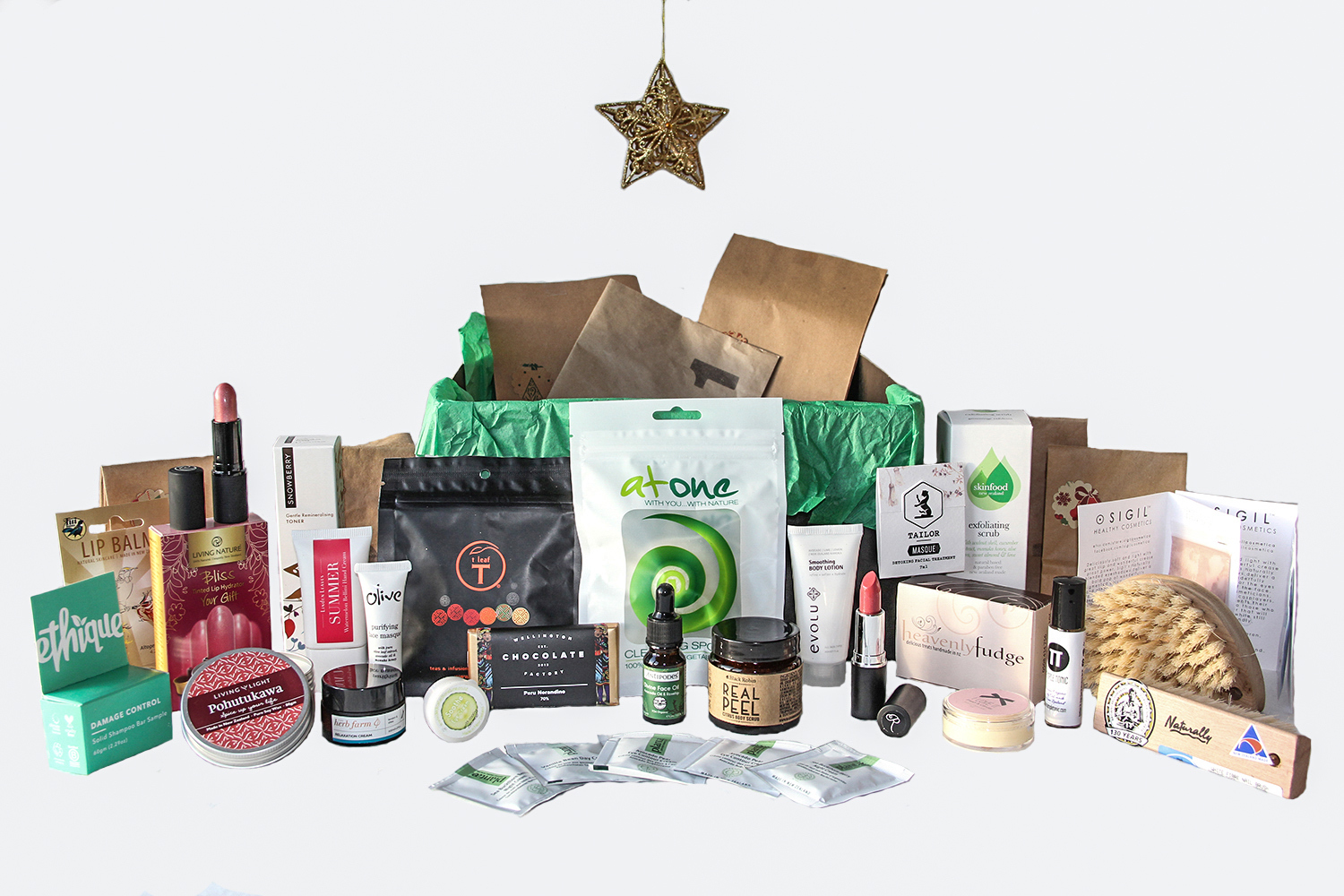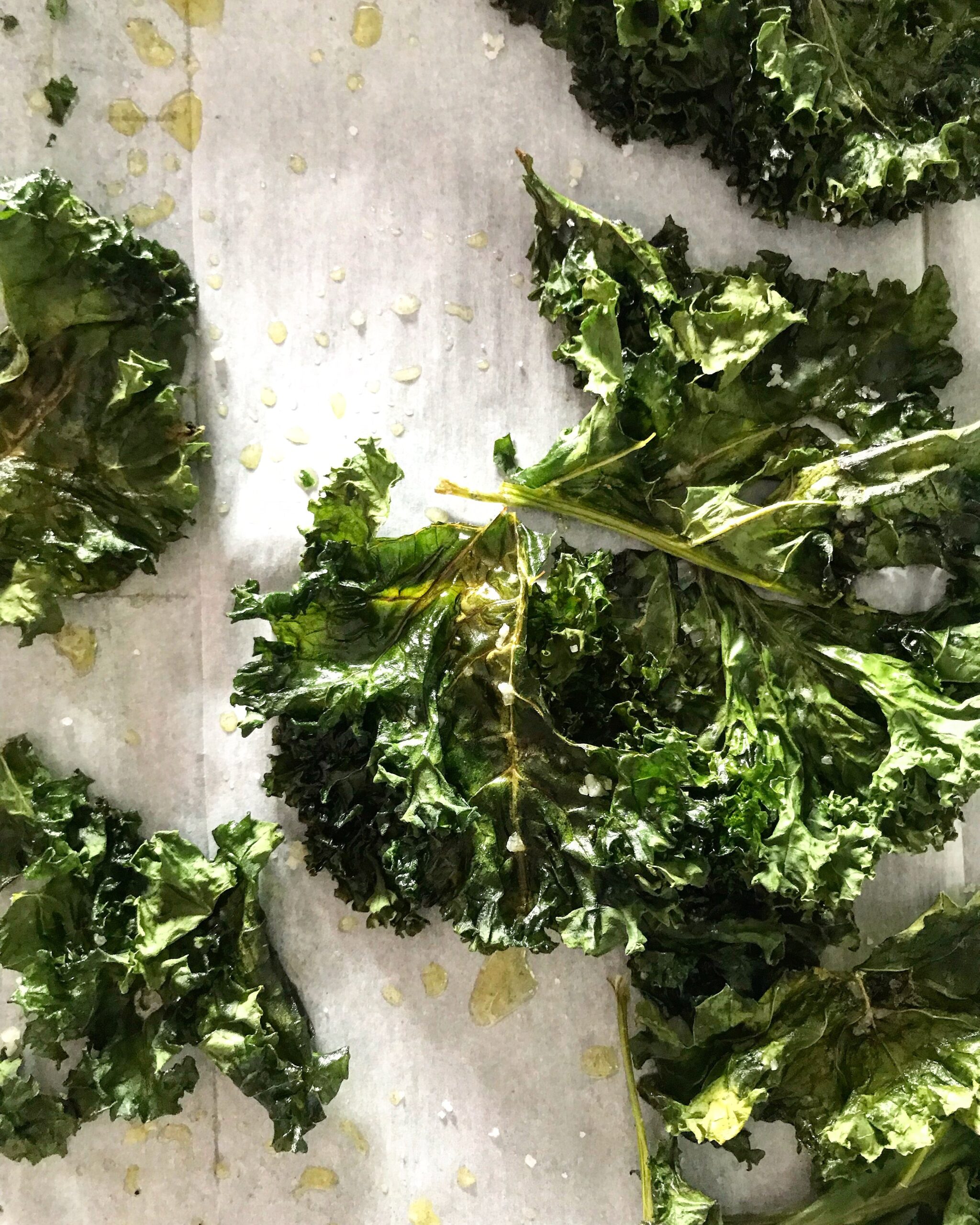You know a product has gone mainstream when it appears on the shelves at your local supermarket. Many swear that oral collagen is the elixir it is trumpeted to be, resulting in a shiny mane, stronger, longer nails and a glowing complexion. But is it all just hype? According to author Dr Josh Axe, collagen is the essential missing link to modern health – not just good skin – with benefits ranging from better weight control, to enhanced digestion and improved immune function.
Axe’s new book, The Collagen Diet (Hachette NZ), comes with more than 70 recipes. “Ancient diets were rich in collagen, from bone broths to nose-to-tail eating, and they were supplemented by fruits and vegetables that provided collagen-boosting vitamin C,” says Axe.
“Modern diets are missing this much-needed ingredient.” The thing to remember about oral collagen is it’s protein, says Liz McNamara, HealthPost’s natural health expert. “The main amino acids that feature within collagen are hydroxyproline, proline and glycine. You are increasing your dietary intake of core ingredients that the body needs to then reproduce collagen,” she explains. “It still has to go through the digestive process. So it’s not like you are going to swallow some collagen and it will somehow appear on your nails. That’s not going to happen. The body will break it down and then put it back together. But you are giving your body the ingredients it needs to be able to do those functions.”
Pescatarian or flexitarian
Collagen is sourced from ground-up cartilage of animals or fish and a by-product of the beef or marine industry. Marine collagen contains type 1 collagen and bovine
collagen contains type 1 and type 3 collagen.
“I don’t think one is better than the other though I usually go for a beef collagen,” says McNamara, “because they are typically more affordable and also if I can get a nice grass-fed, hopefully happy-cow-sourced collagen that’s the one I will go for. With any collagen, either beef or fish it’s important to support companies doing the hard work to make sure the animals were treated ethically. Collagen is a waste product of the meat industry, so while it’s great to use the whole animal, it’s important to know how ethical the sourcing is. We’ve done a lot of work at HealthPost to ensure our products are sustainably sourced from reputable suppliers.”
One New Zealand collagen product making headlines is ActivLayr, which uses by-products of the hoki fish industry. Composed of 100 per cent sustainably sourced ingredients, the nanofibres of ActivLayr’s revolutionary firming eye mask absorb into the skin in just five seconds.
In Brazil, doctors have had success treating burn victims with fish skin after scientists at the Federal University of Ceará in northern Brazil found that tilapia fish skin has moisture, collagen and disease resistance at levels comparable to human skin, and can aid healing.
The marine collagen in Dose & Co products is sustainably sourced from France and this innovative New Zealand company is taking the beauty world by storm with its Beauty Blends and Collagen Creamer – the latter can be added to coffee, tea and hot drinks. The creamer is made with bovine collagen, while the marine collagen-based Beauty Blends are suited to pescatarians and can be added to water, juice or smoothies.
While there is scientific evidence that speaks to the potential benefits of oral bovine and marine collagen on the skin, Professor Amanda Oakley, consultant dermatologist at Waikato Hospital says these studies are not conclusive. “I don’t know if bovine or marine collagen improve the appearance of the skin or not. I doubt it. Scepticism is needed; ‘internal cosmetic’ could well be another name for ‘hope-in-a-bottle’,” says Oakley.
Formulation chemist Ross Macdougald agrees there are grey areas when it comes to collagen products because there are so many other factors that can affect your skin and often people introduce collagen products in tandem with other things. For example, someone might start taking collagen in conjunction with improving their diet. This is almost certain to improve skin because diet can dramatically affect the skin.
“The thing with ingestibles is that you obviously consume them through digestion, which means it goes through your stomach and your stomach acids get to work on it before it might take effect on the skin. So before taking collagen people should really consider why they are taking them. If it is to replace the nutrients you might not be getting in your diet already then perhaps it would be better to overhaul your diet first,” says Macdougald. “We should be focusing on incorporating fresh and raw foods through a balanced diet overall… you can get proteins from plants and animals, so why wouldn’t you do that?
“I don’t think collagen supplements are an imperative part of a skincare routine,” says Macdougald. “The idea behind ingestibles is excellent – working on your skin from the inside out – however we can do that by incorporating things like a good diet, and lots of water. Working on your skin from the inside is important, but ingestibles aren’t necessarily the best way to do that.”
Collagen-boosters
Collagen in the skin can also be improved by using collagen-boosting skincare products that don’t contain collagen, such as Evolu’s Resilience Day Cream.
“The plant extracts that we have selected to improve collagen have science-based evidence to prove that they activate biosynthesis of collagen and elastin. This is the process that supports connective tissue and maintains skin firmness,” says Evolu founder Kati Kasza.
Red ginseng extract is an ingredient in many Evolu products. The main active components of red ginseng are ginsenosides, which have been shown to have antioxidant effect. And study results suggest that red ginseng root extract promotes type 1 collagen production in human dermal fibroblast cells.
Weleda also use plant-based ingredients to get the same benefits. “All our creams and lotions are designed to hydrate, not to strip lipids. We only use ingredients that have a reason for being,” says Weleda New Zealand marketing manager Helen Wilkes. “For example, pomegranate seed oil has a strong antioxidant effect. It contains up to 70 per cent punicic acid, a polyunsaturated omega-5 fatty acid, which makes it good at binding free radicals – substances that have an oxidative effect and therefore contribute to ageing.
“Other substances contained in pomegranate seed oil, such as flavonoids, polyphenols and phytosterols, regenerate skin that has become increasingly dry and sensitive. Thus, pomegranate is considered an outstanding oil for the care of dry, maturing and stressed skin.”
Kasza believes there is a place for collagen supplements but it depends on the individual. “I recommend looking at eating plant-based food, seaweed and nuts and looking at how else to assist the body with replenishment. The healthier the body, the healthier the skin,” she says.
Show me the collagen
01 ActivLayr 7 Day Under-Eye Patches, $90. These five-second nano-collagen boost patches for under eyes contain marine collagen with New Zealand grapeseed, kiwi fruit and hyaluronic acid and provide an instant tightening and uplifting effect.

02 Dose & Co. Beauty Blend Original Collagen Powder, $84.90 (850grams) has 10 grams of sustainably sourced marine collagen per serve and added vitamins and probiotics.

03 Skinfood Hydrating Face Serum, $25, is light but effective, deeply hydrating whilst helping skin to not only restore, but also retain optimal moisture with ingredients including passionflower extract, hyaluronic acid and marine collagen.

04 Syrene Power Masques pack, $120, contains eight masques full of skin-loving ingredients including aloe vera extract, mānuka honey, seaweed and marine collagen.

05 Evolu Regenerative Overnight Cream, $60, contains red ginseng extract. Study results suggest that red ginseng root extract promotes type 1 collagen production in human dermal fibroblast cells.

06 Essano Collagen Boost Overnight Mask (50g), $16, contains Schisandra chinensis berry and rosehip oil to support the skin and provide an overall collagen boost.

07 Weleda Pomegranate Firming Day Cream, $45.90.






